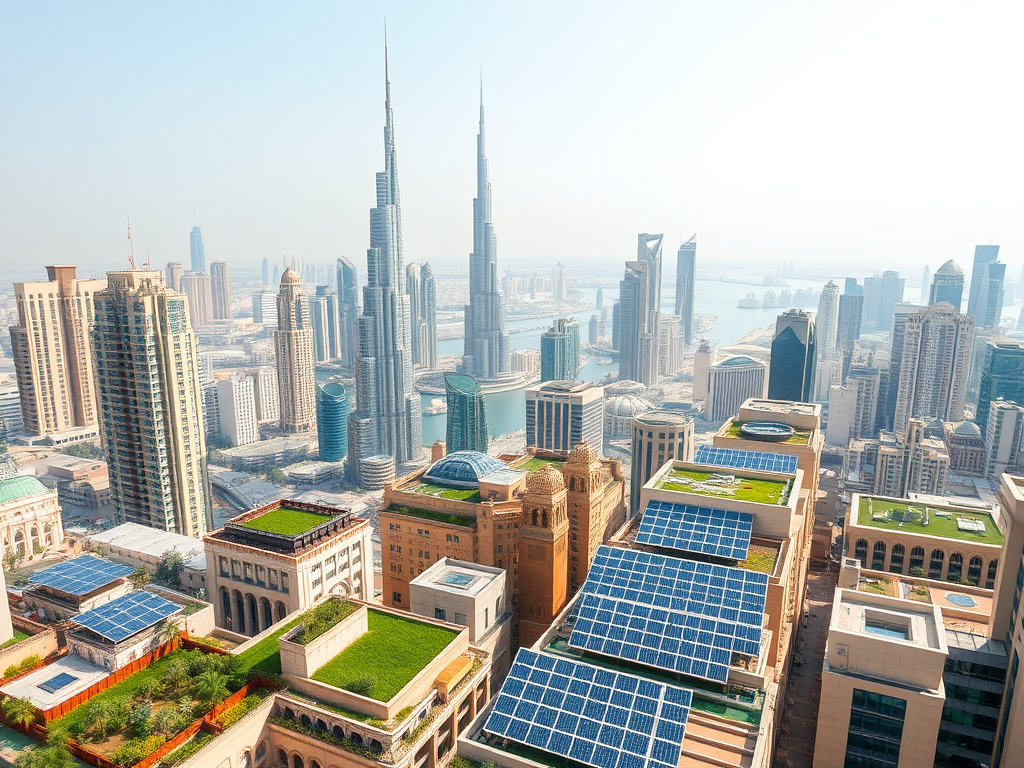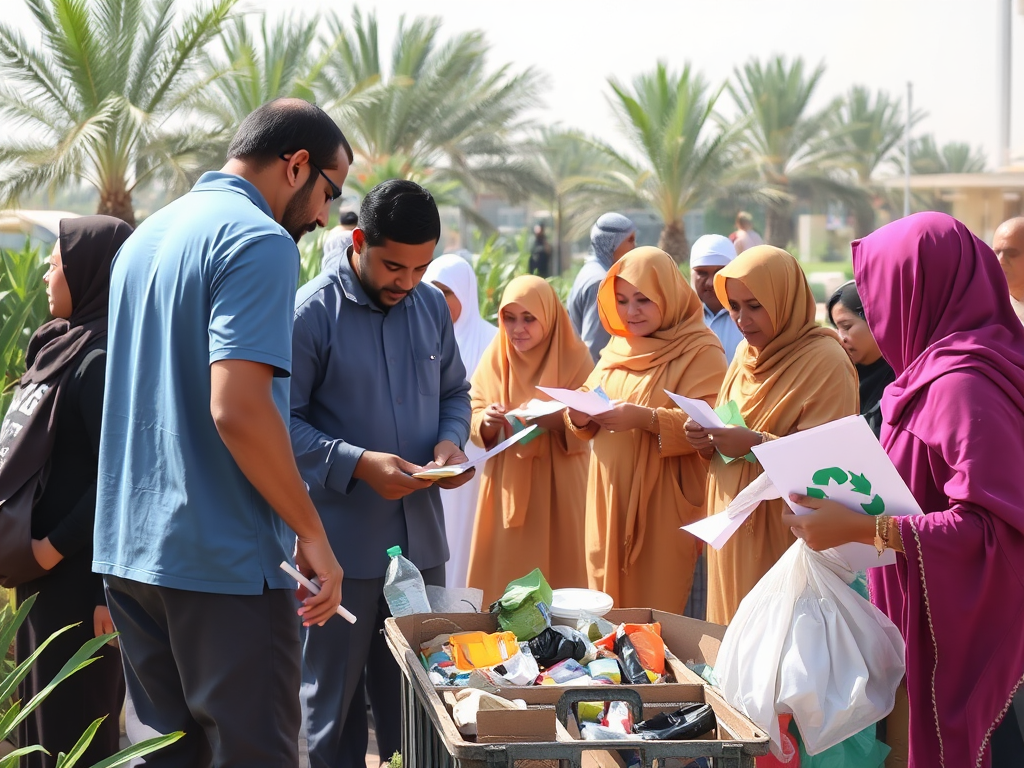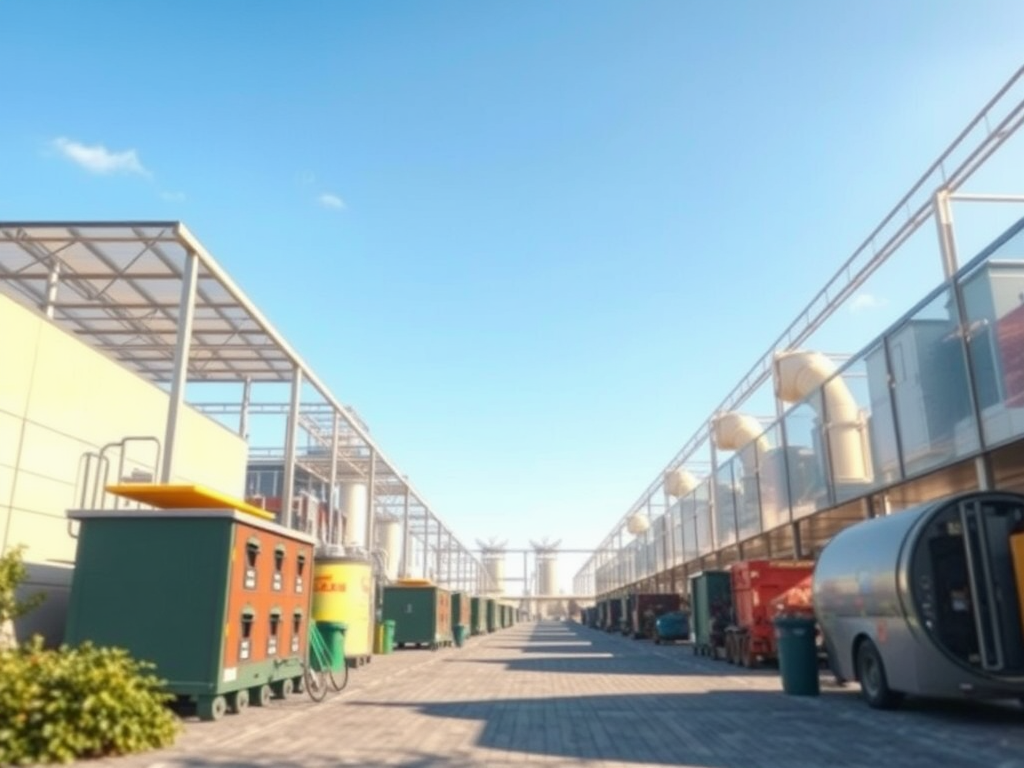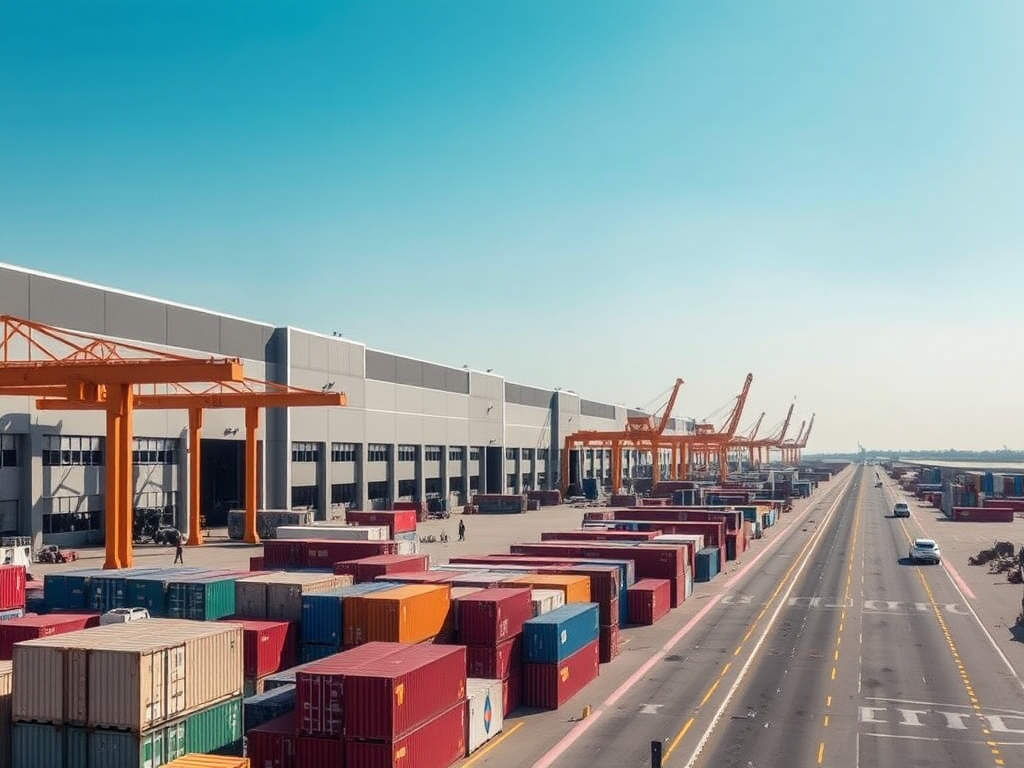
Dubai’s Role in Supporting the Circular Economy
Dubai is rapidly positioning itself as a global leader in the circular economy, a model focused on sustainability and resource efficiency. By prioritizing waste reduction, resource recovery, and sustainable practices, the city is not only addressing environmental concerns but also enhancing economic growth. The local government and various organizations have launched multiple initiatives aiming to minimize waste and maximize resource use while creating value. This article will delve into Dubai’s strategies, policies, and innovations that are fostering a circular economy, demonstrating how the city serves as a benchmark for urban sustainability globally.
Understanding the Circular Economy Concept

The circular economy is a transformative approach aimed at minimizing waste and making the most of resources. Unlike the traditional linear economy, which operates on a “take-make-dispose” model, a circular economy emphasizes keeping products, materials, and resources in use for as long as possible. This entails several key principles:
- Design for Longevity: Products are designed to last longer, making them easier to repair, upgrade, or recycle.
- Resource Recovery: Emphasizing the collection of materials from end-of-life products for reuse and recycling.
- Business Model Innovation: Encouraging companies to offer services instead of products to prolong resource use.
- Sustainable Material Choices: Promoting the use of Safe and biodegradable materials in production.
- Consumer Engagement: Involving consumers in sustainability practices through education and incentive programs.
These principles form the bedrock of the circular economy, which is gaining traction worldwide, and Dubai is setting the pace in this transformative movement.
Government Initiatives Supporting Circular Economy

The government of Dubai has rolled out ambitious plans to embed circular economy principles across various sectors. Among the key initiatives is the Dubai Circular Economy Strategy, launched as part of the Dubai Clean Energy Strategy 2050. This framework outlines goals aimed at reducing waste, conserving resources, and creating innovative solutions for sustainable development. The key components of the strategy include:
- Waste Management: Enhancing recycling rates and reducing landfill dependence through sustainable waste management systems.
- Green Building Regulations: Implementing standards that encourage sustainable construction practices and resource efficiency.
- Public Awareness Campaigns: Educating citizens about the benefits of a circular economy and promoting responsible consumer behavior.
- Collaboration with Private Sector: Partnering with businesses to develop circular solutions that foster economic growth.
- Investment in Green Technologies: Allocating funds for research and development in sustainable technologies.
These initiatives highlight the commitment of Dubai’s government to a sustainable future and illustrate the synergistic roles that both policy and practice play in fostering an ecosystem where the circular economy can thrive.
Various projects and collaborations within Dubai exemplify the city’s leadership in advancing the circular economy. One notable initiative is the Dubai Recycling Initiative, which encompasses numerous community-based recycling programs and partnerships with businesses. This project not only addresses waste reduction but also seeks to increase awareness and participation among residents. Furthermore, companies like Emirates Global Aluminium are pioneering closed-loop recycling systems, ensuring that materials are reused effectively within their production processes. Noteworthy collaborations include:
- Collaborative Platforms: Platforms that connect stakeholders across the supply chain to share best practices and resources.
- Circular Economy Hackathons: Events aimed at stimulating innovative solutions from entrepreneurs and local startups.
- Research Partnerships: Collaborations with universities and research institutions focused on developing new circular economy models.
These projects not only reflect Dubai’s proactive stance but also create a framework for sustainable economic growth and societal engagement.
Challenges and Future Directions
While Dubai is making significant strides toward establishing a circular economy, several challenges remain. One of the primary concerns is the need for more comprehensive data on waste management and resource use, which is critical for developing targeted policies. Additionally, the cultural shift required for widespread adoption of circular practices can be a daunting task. Financial investments are also necessary to support new technologies and initiatives while ensuring collaboration between public and private sectors. Addressing these challenges will involve:
- Enhanced Data Collection: Implementing systems to accurately measure and track resource flows.
- Public-Private Partnerships: Strengthening collaborations between government entities and private companies.
- Policy Frameworks: Developing robust regulations that support circular practices across industries.
- Community Engagement: Fostering a culture of sustainability among residents and businesses.
- Continuous Innovation: Encouraging ongoing research and development for sustainable solutions.
By addressing these challenges, Dubai can solidify its position as a global thought leader and pioneer in the circular economy.
Conclusion
Dubai’s transition towards a circular economy is a testament to its commitment to sustainability and innovation. Through government initiatives, public-private collaborations, and community engagement, the city is setting an example for others to follow. Despite challenges, Dubai’s ongoing efforts illustrate the potential benefits of a circular economy, including resource efficiency, waste reduction, and economic resilience. As the city continues to implement and refine its strategies, it will undoubtedly inspire other urban areas around the globe to embrace a more sustainable future.
Frequently Asked Questions
1. What is a circular economy?
A circular economy is a sustainable economic system focused on minimizing waste and making the most of resources by reusing, recycling, and repairing materials and products.
2. How is Dubai promoting the circular economy?
Dubai promotes the circular economy through initiatives such as the Dubai Circular Economy Strategy, waste management programs, and partnerships with businesses to develop innovative sustainable solutions.
3. What are the key principles of a circular economy?
The key principles of a circular economy include designing for longevity, resource recovery, business model innovation, sustainable material choices, and consumer engagement.
4. What challenges does Dubai face in implementing a circular economy?
Challenges include the need for comprehensive data on waste management, cultural shifts toward sustainability, financial investment in new technologies, and the need for robust public-private partnerships.
5. How can individuals contribute to the circular economy in Dubai?
Individuals can contribute by participating in recycling programs, supporting businesses that adopt sustainable practices, and being mindful of their consumption choices.

